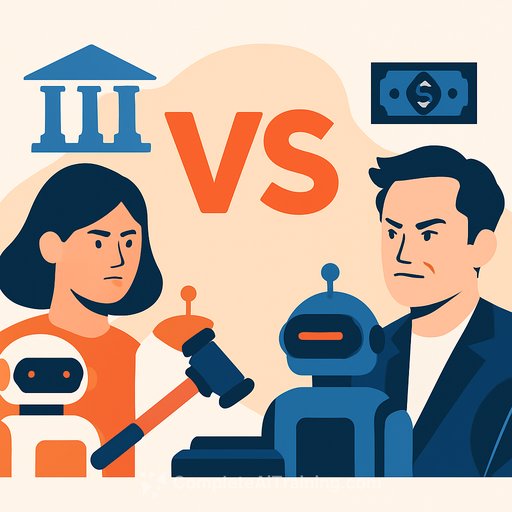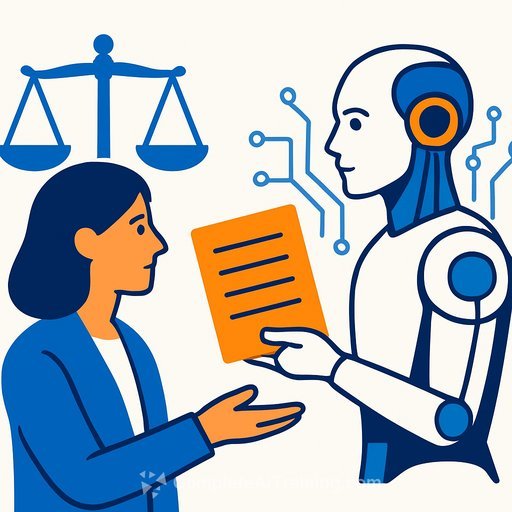Eliza Labs Takes Legal Action Against Elon Musk's xAI
Eliza Labs, known for its agentic AI project, has filed a lawsuit against Elon Musk’s AI company, xAI. The claim centers on alleged monopolistic tactics by xAI aimed at sidelining agentic AI platforms like Eliza Labs.
The lawsuit accuses xAI of attempting to acquire sensitive information from Eliza Labs—such as technical documents and usage data—with the intent to replicate their platform’s features. Following this, Eliza Labs claims it was effectively excluded from xAI’s ecosystem.
Details from Eliza Labs’ Co-Founder
Shaw Walters, co-founder of Eliza Labs, explains that the initial collaboration with xAI was positive. xAI invited Walters to contribute ideas, and Eliza Labs built its platform using xAI’s free API.
However, the relationship shifted when xAI launched new products like Ani and an updated version of Grok. Walters says xAI suddenly demanded $50,000 monthly for an enterprise license, on top of the $20,000 per year Eliza Labs was already paying. Refusal to pay, according to the lawsuit, led to threats of legal action.
Legal Challenges Reflect AI Industry Tensions
The AI sector remains young, with many unresolved regulatory and legal questions. This uncertainty, combined with typical tech industry issues like intellectual property disputes, has made AI companies frequent targets of litigation.
Recent High-Profile Lawsuits in AI
- In February 2024, Elon Musk sued Sam Altman and OpenAI over OpenAI’s shift from a non-profit to a for-profit model. Although Musk withdrew the suit in June, it was without prejudice, allowing for possible future action.
- In July 2024, The New York Times filed a lawsuit against OpenAI over the use of copyrighted content in ChatGPT’s training data, pressing for transparency on source materials.
- In August 2025, an Ethereum-based gaming company called Xai sued xAI for trademark infringement, alleging consumer confusion and business harm due to similar branding.
These cases highlight ongoing tensions around intellectual property, fair competition, and the responsibilities of AI providers. For IT and development professionals, staying informed about these legal developments is critical for navigating partnerships and licensing agreements in AI projects.
To explore courses that cover AI development and legal considerations, visit Complete AI Training's latest AI courses.
Your membership also unlocks:





